
Understanding Fatigue After Stroke: Causes, Symptoms, & Management
Fatigue after stroke affects many survivors and is different from normal tiredness. While some people with fatigue feel better after a nap, stroke survivors might

Fatigue after stroke affects many survivors and is different from normal tiredness. While some people with fatigue feel better after a nap, stroke survivors might
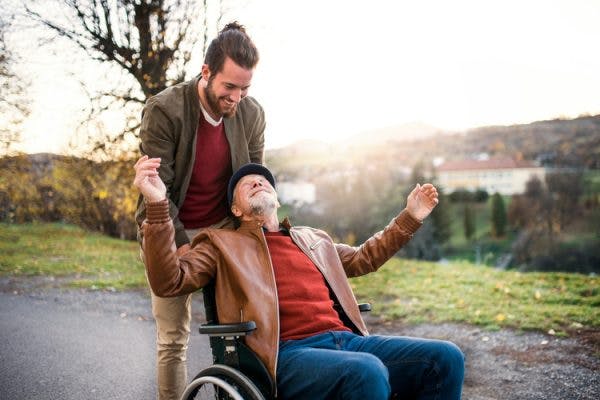
Hemiplegia and hemiparesis are two common physical effects of stroke. Since these two conditions have similar-sounding names, it can be easy for survivors to confuse

Shoulder pain after stroke can stem from a variety causes, each responding to different treatments. Working with a physical or occupational therapist can be essential
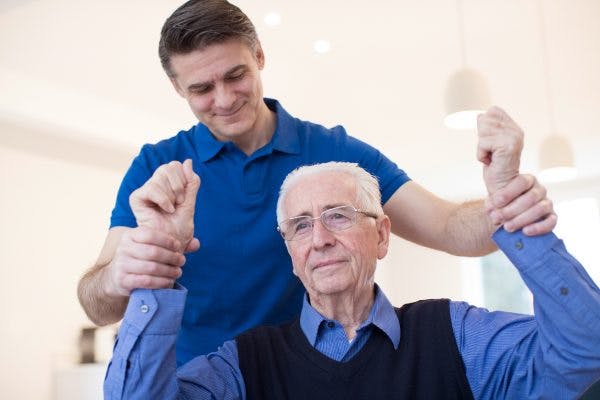
Flaccidity after stroke is a common secondary effect and is often present in the early days of stroke rehabilitation. Flaccidity refers to a complete lack of

Tingling sensations in the arms and legs are common after a stroke. Despite the fact that just over half of all survivors experience tactile sensory

Clonus after stroke appears as uncontrollable, rhythmic muscle contractions. Although this can mimic tremors, clonus is its own condition and needs to be treated as

Childlike behavior after stroke can be distressing for both the survivor and caregiver. Generally, changes in behavior after stroke are related to the neurological impact of stroke,

Stroke is a serious, life-changing injury that can result in a wide variety of secondary effects. Among these secondary effects is nerve pain, or neuropathy.
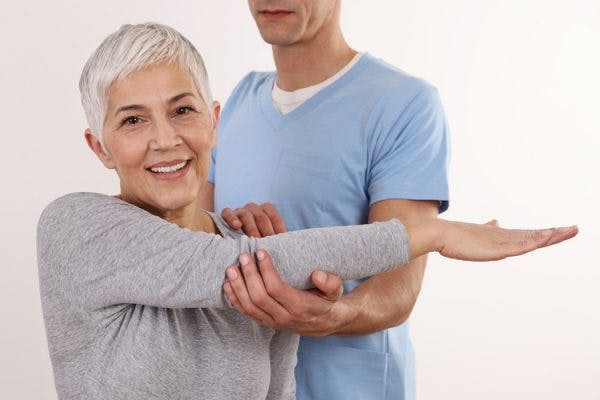
Are your post stroke symptoms getting worse? Sometimes regression after stroke is a normal part of the recovery process, but it can also be a sign
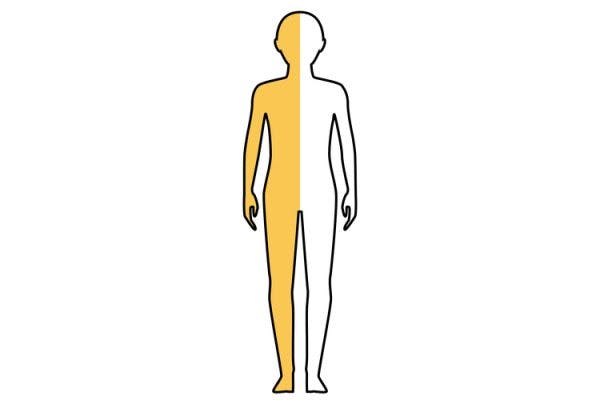
Left hemiplegia describes paralysis of the left side of the body due to neurological injury. This secondary effect commonly occurs following a stroke or traumatic

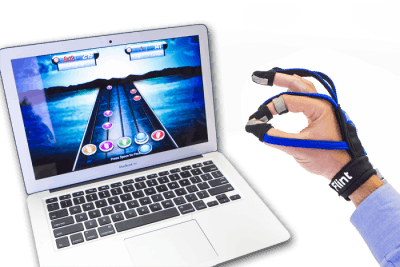
Take the first step towards recovery.